Germany is all set to support a United Nations resolution endorsing the New York Declaration on a two-state solution to the Israeli-Palestinian conflict, aligning with a France- and Saudi Arabia-led initiative, but breaking with both US and Israel after this week’s strikes in Qatar., according to a Bloomberg report, citing people familiar with the matter
The vote, expected late Friday in New York, marks a notable shift in Berlin’s stance amid escalating tensions in West Asia. The New York Declaration supports the establishment of a Palestinian state and affirms the right of return for Palestinian refugees — points of contention for both Washington and Tel Aviv.
US Secretary of State Marco Rubio slammed the move earlier this week, calling the push for Palestinian statehood recognition “reckless,” underscoring widening transatlantic divisions following a deadly Israeli airstrike on Qatar’s capital on Tuesday, which drew strong condemnation from several European capitals, including Berlin.
According to the report, despite supporting the resolution, German officials have clarified that Berlin does not plan to formally recognise Palestinian statehood at this stage — unlike France and potentially the UK.
Germany’s backing of the declaration does not alter its stance on the right of return for Palestinian refugees, which it believes must be resolved through direct negotiations, added the report.
The draft resolution also includes a strong condemnation of Hamas, referencing the October 2023 attacks involving mass killings and hostage-taking. It further states that Hamas should no longer govern Gaza, in line with European calls for renewed Palestinian leadership.
Impact Shorts
More ShortsThe decision, not yet formally announced by the German government, was first reported by the German daily Welt.
If confirmed, Berlin’s support would further isolate the US administration under President Donald Trump, who has rejected the current diplomatic push and urged European allies to refrain from actions he views as undermining Israel’s security.
The resolution is expected to face opposition from the US and Israel but may pass with broad support from European, Arab, and Global South nations.
With inputs from agencies


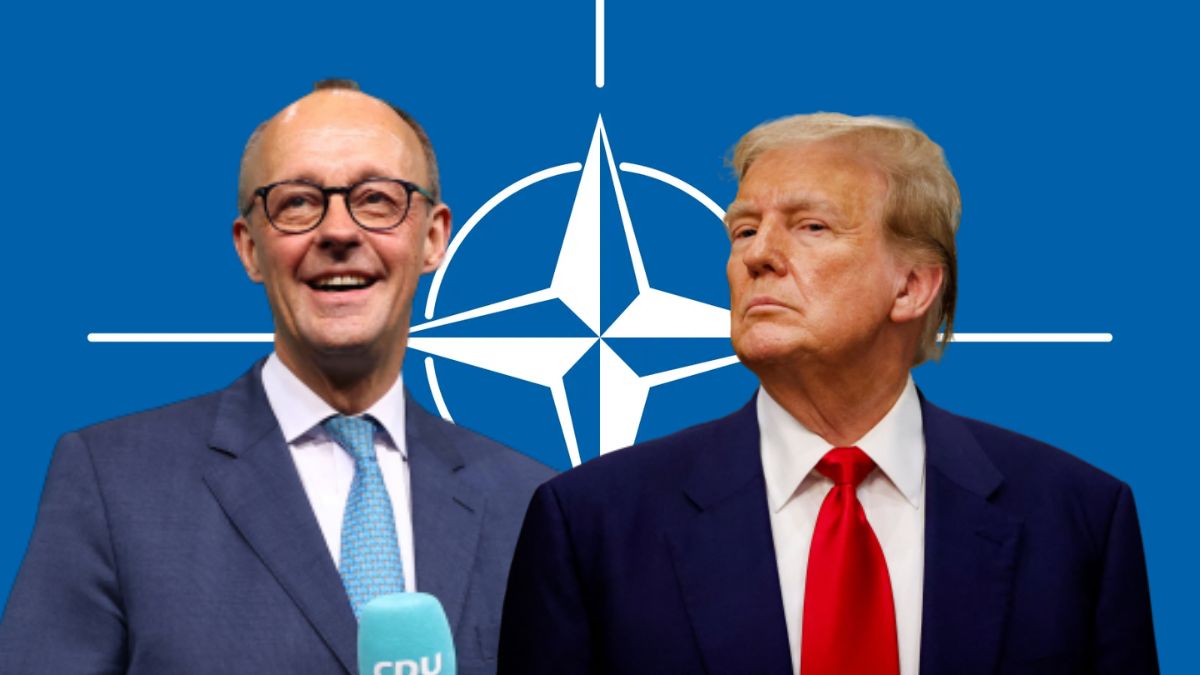)
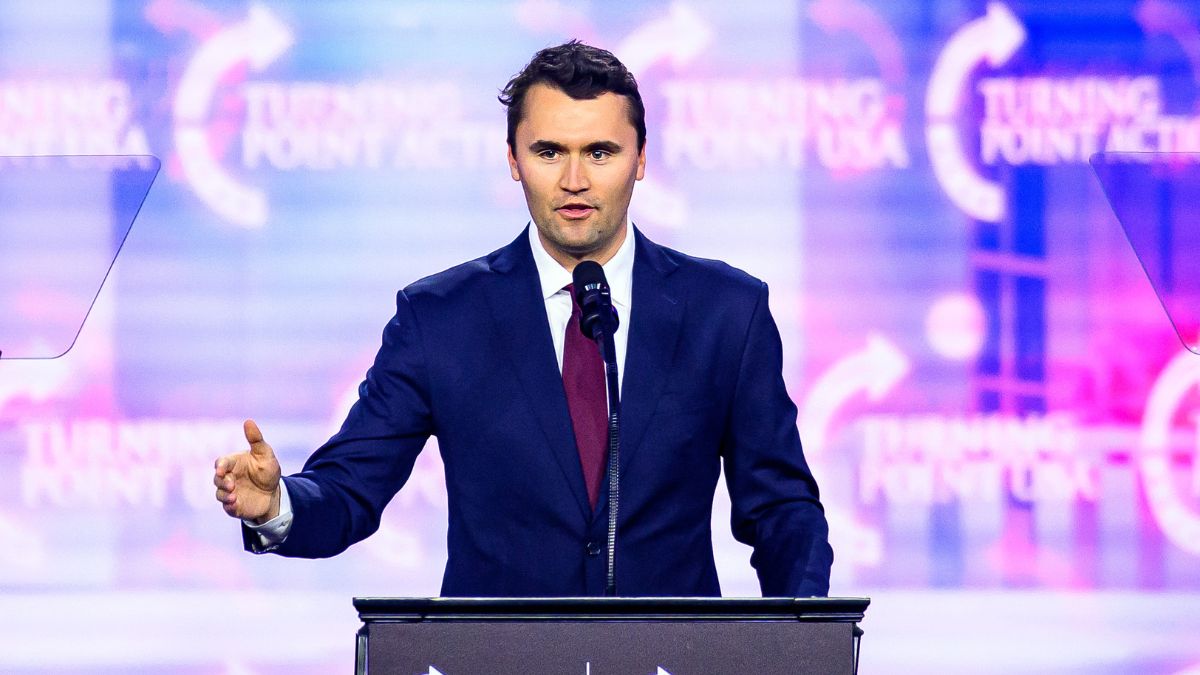
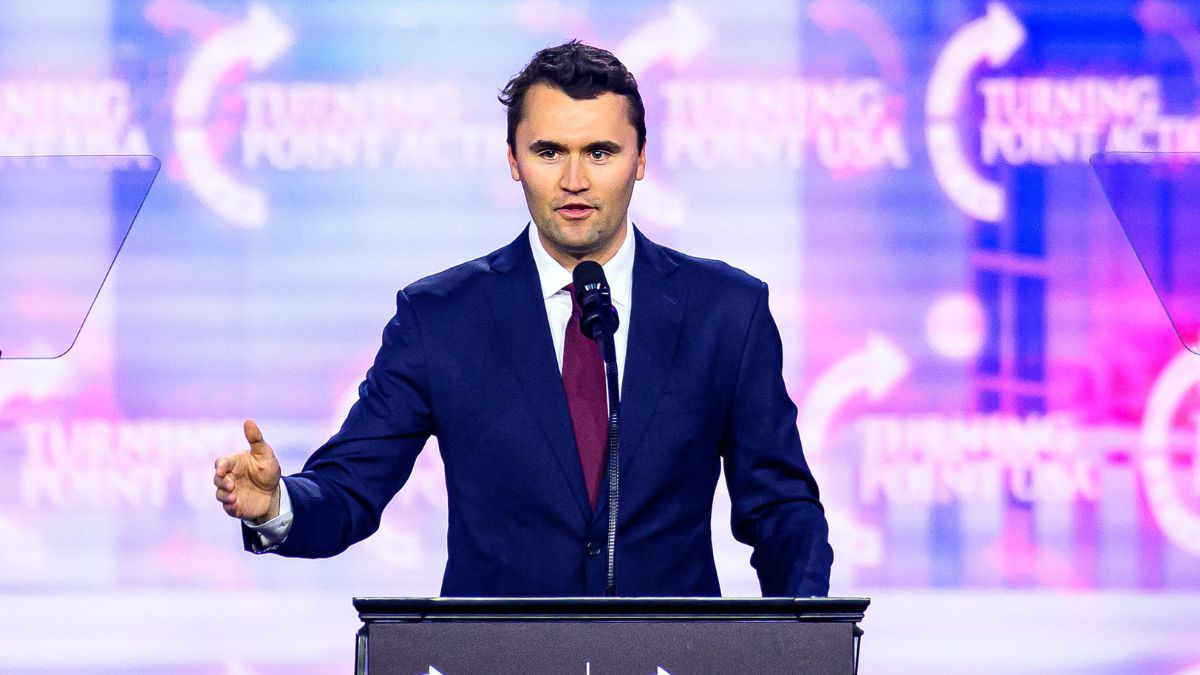)
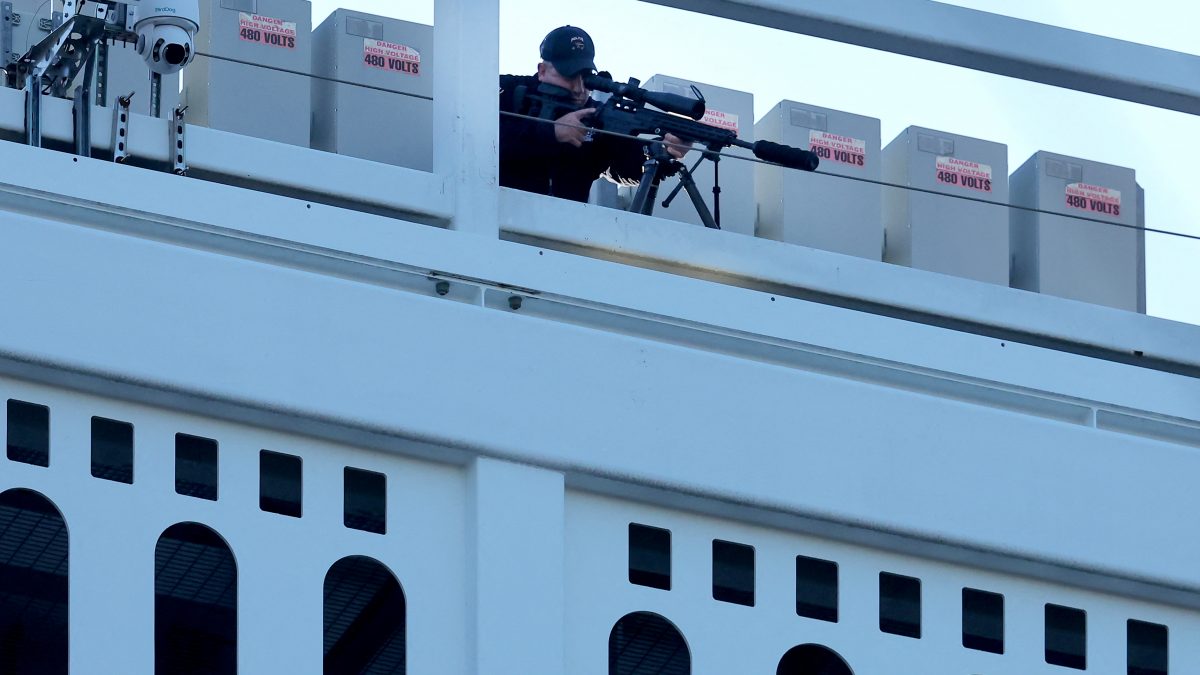)
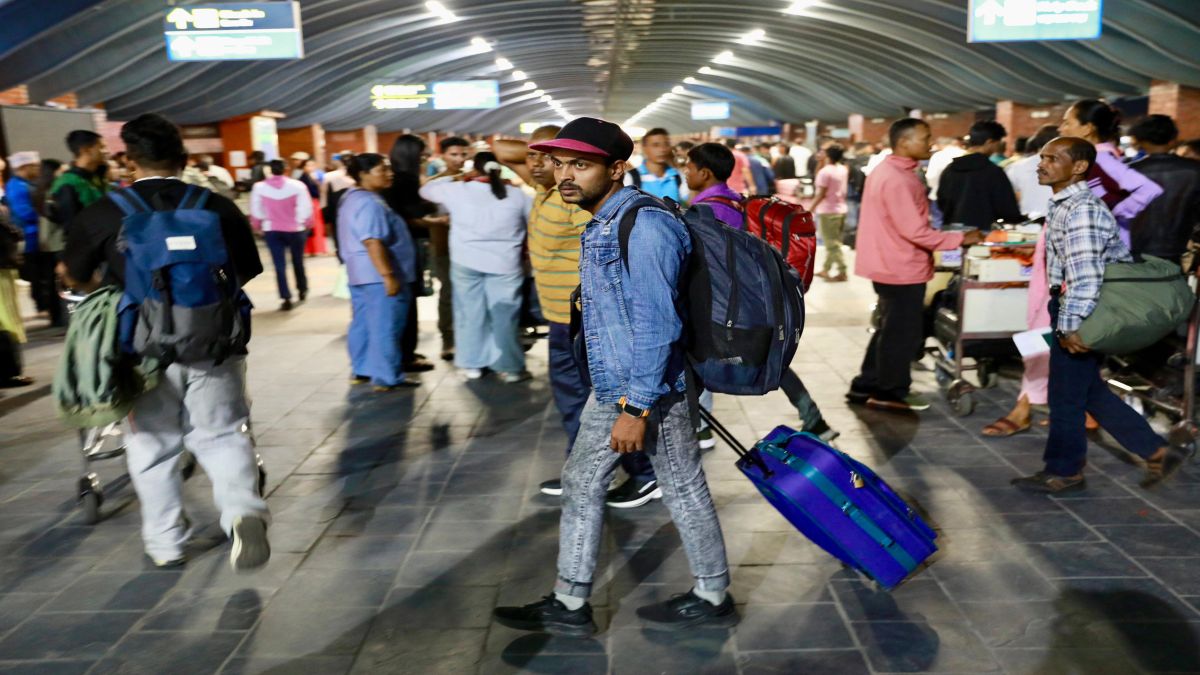)
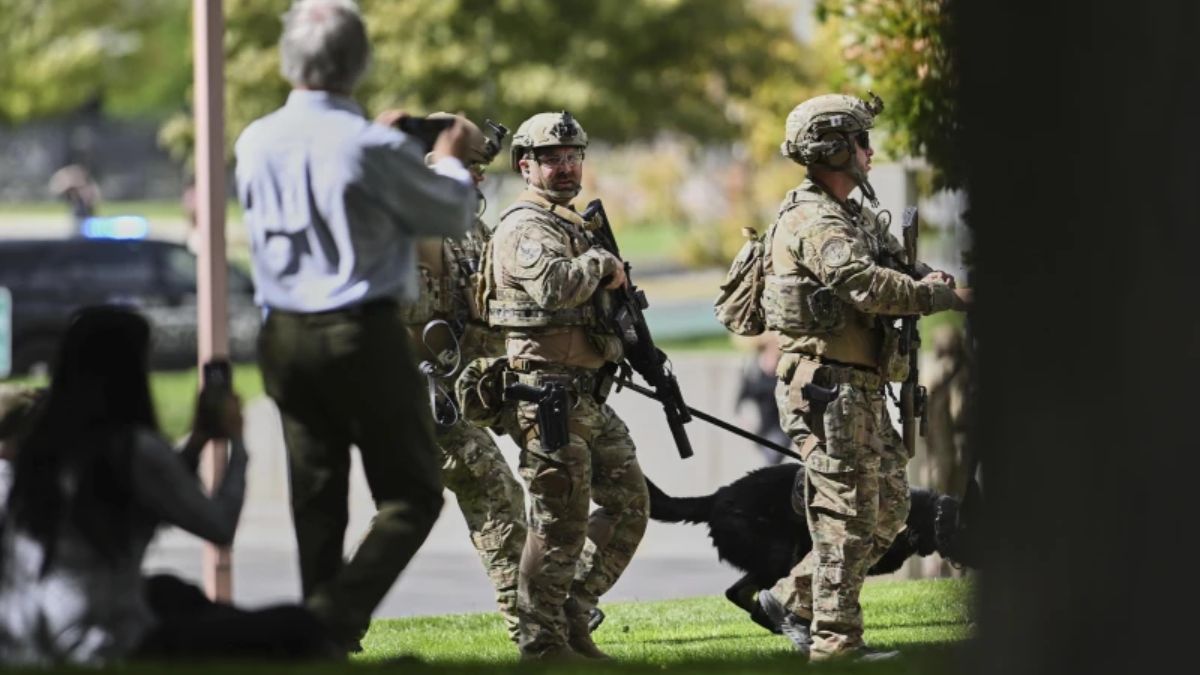)
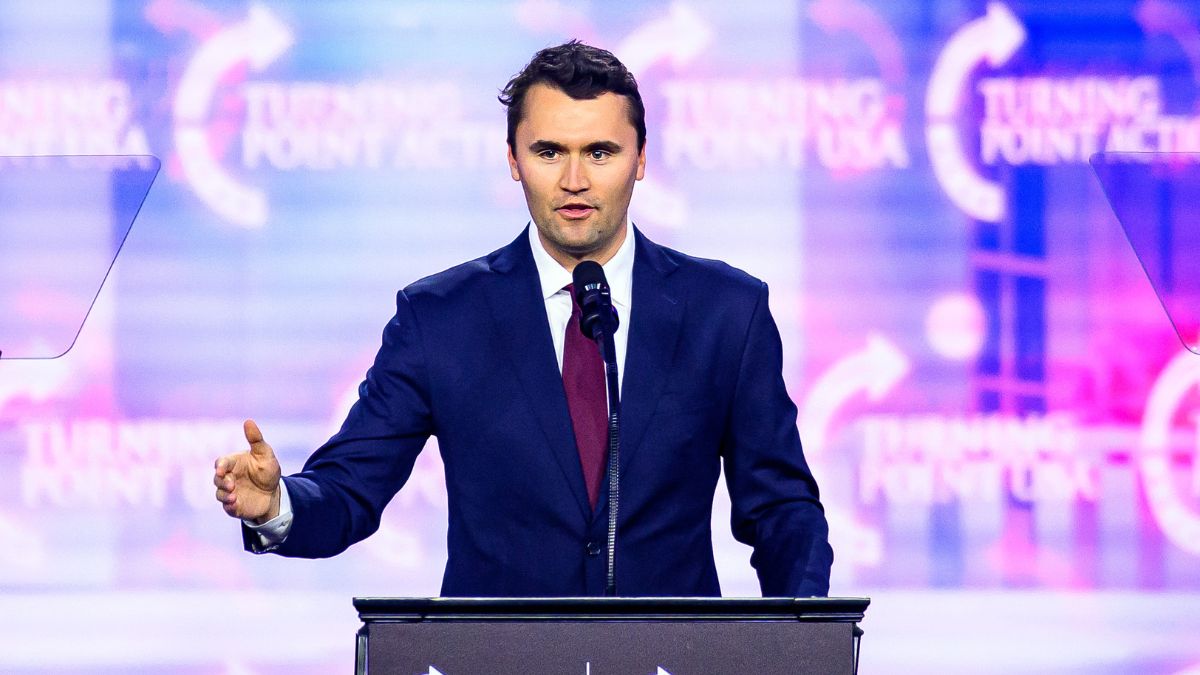)
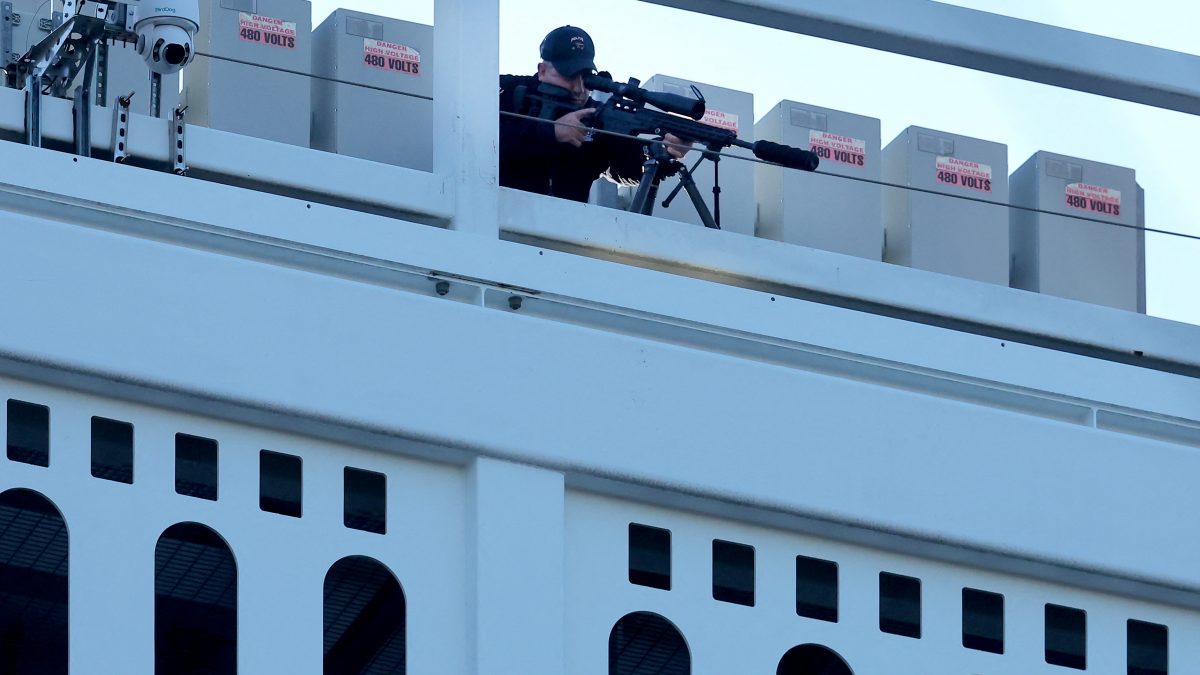)
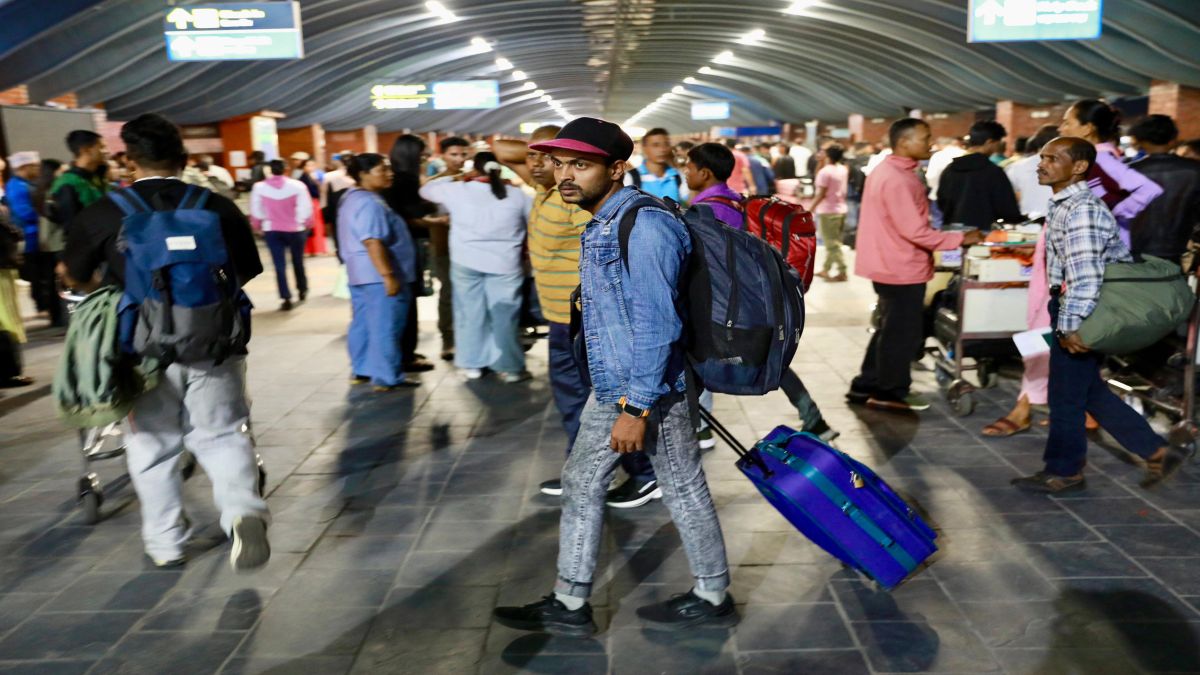)
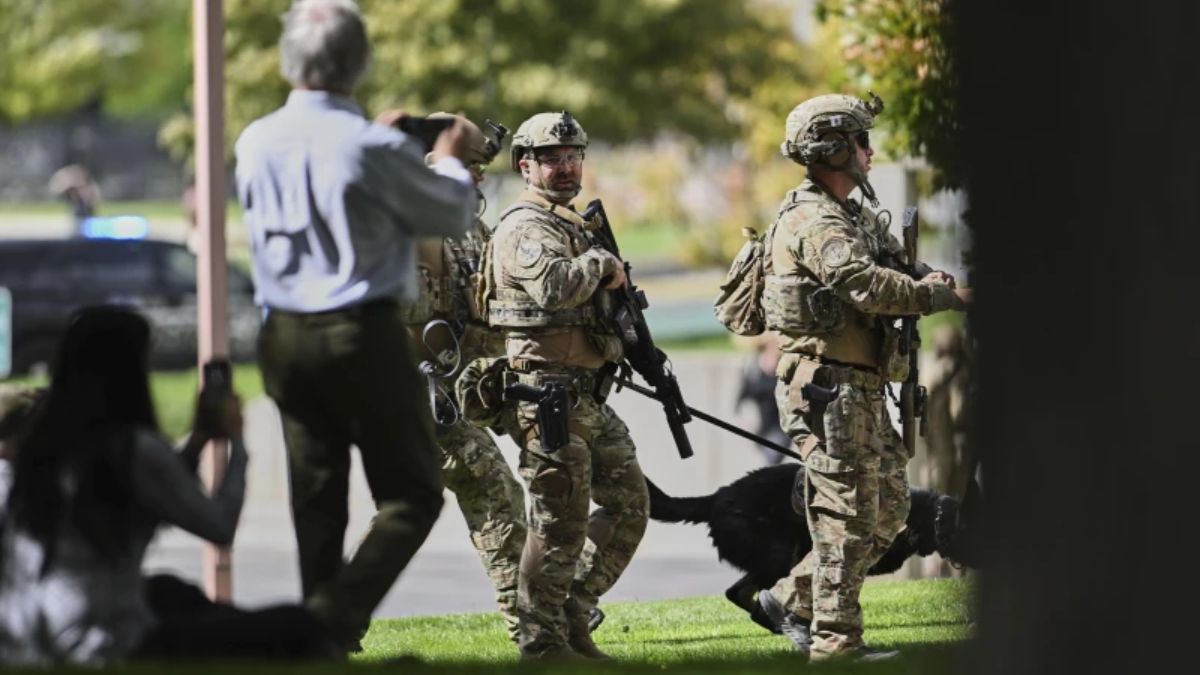)



